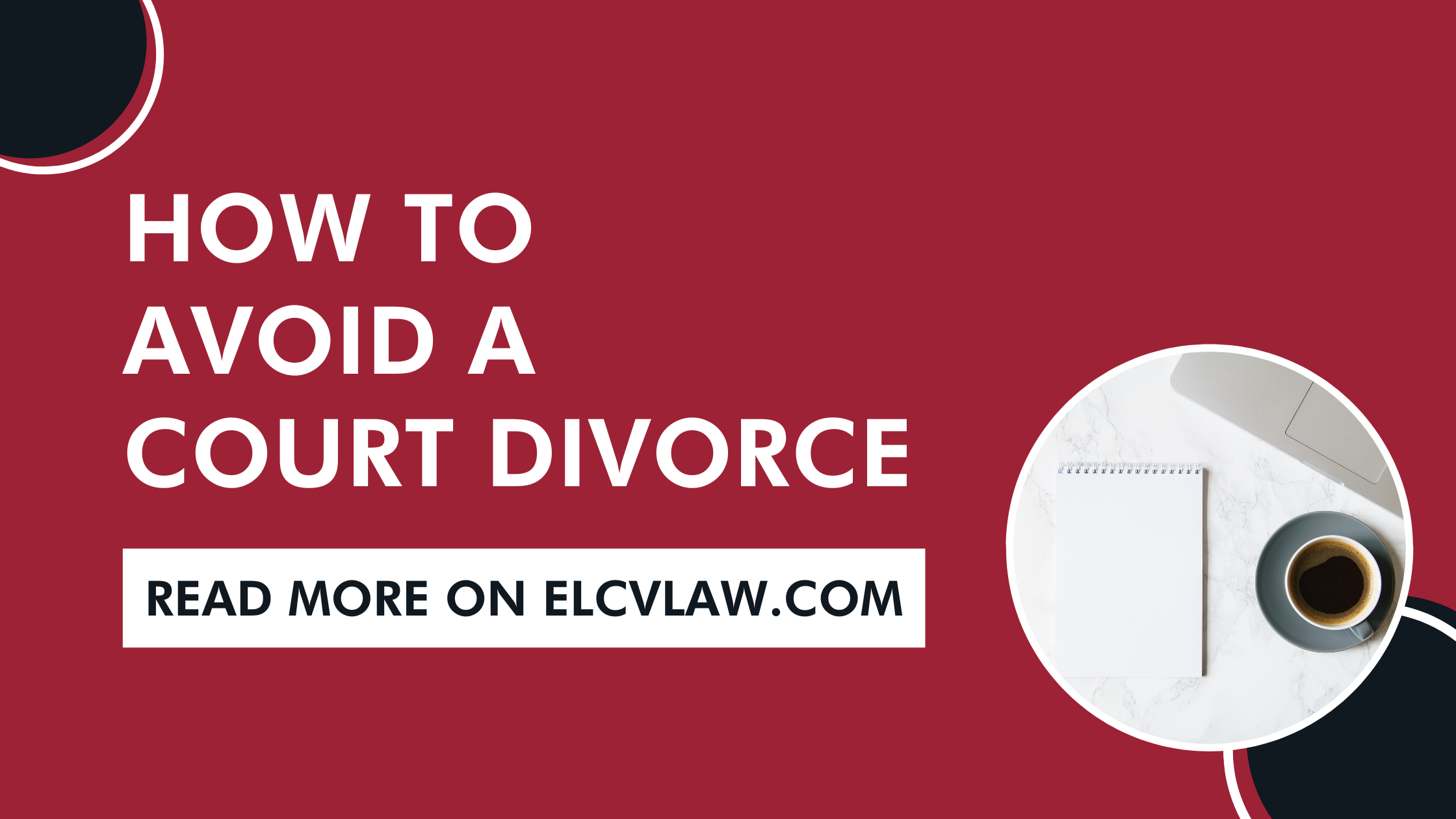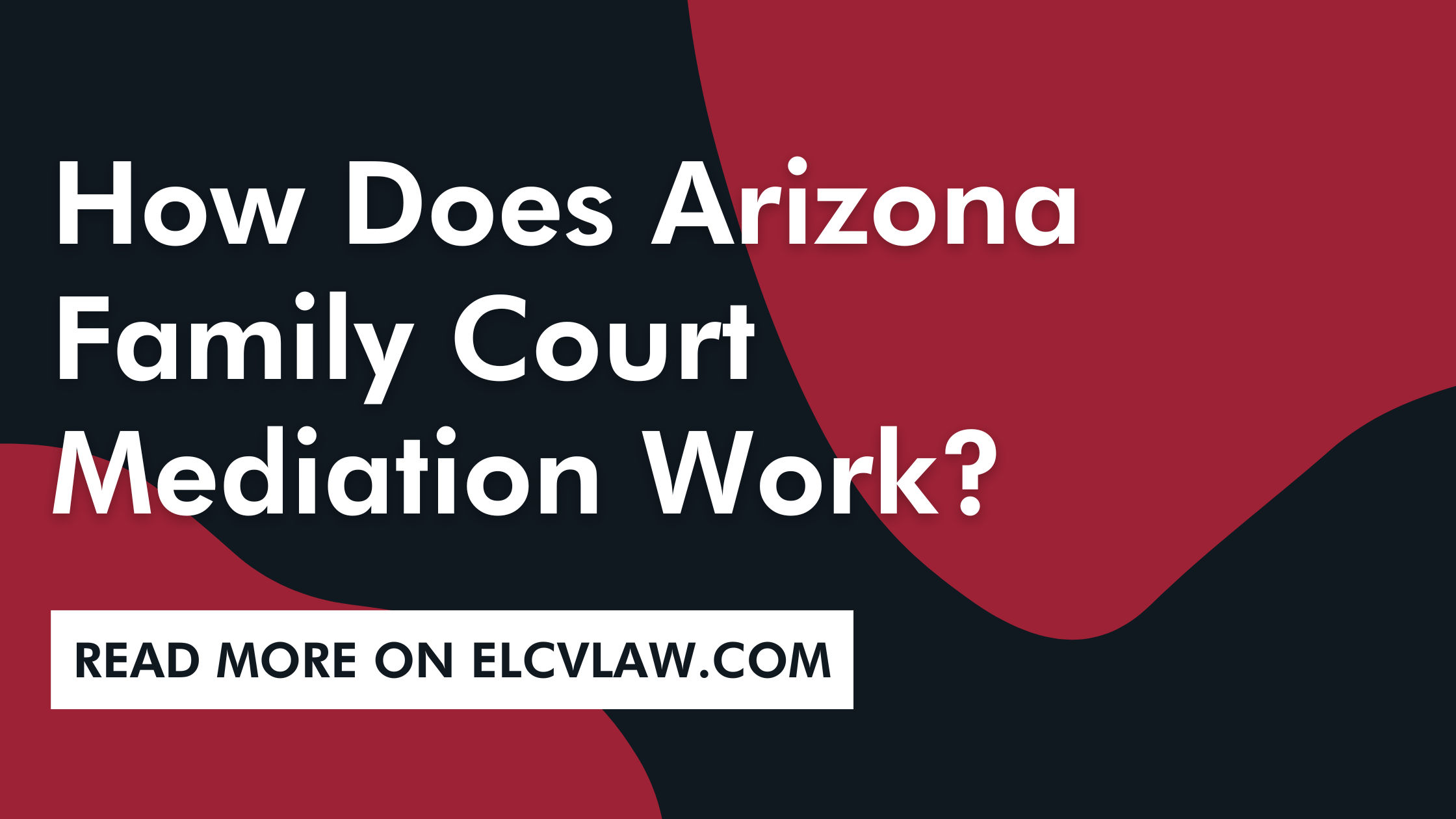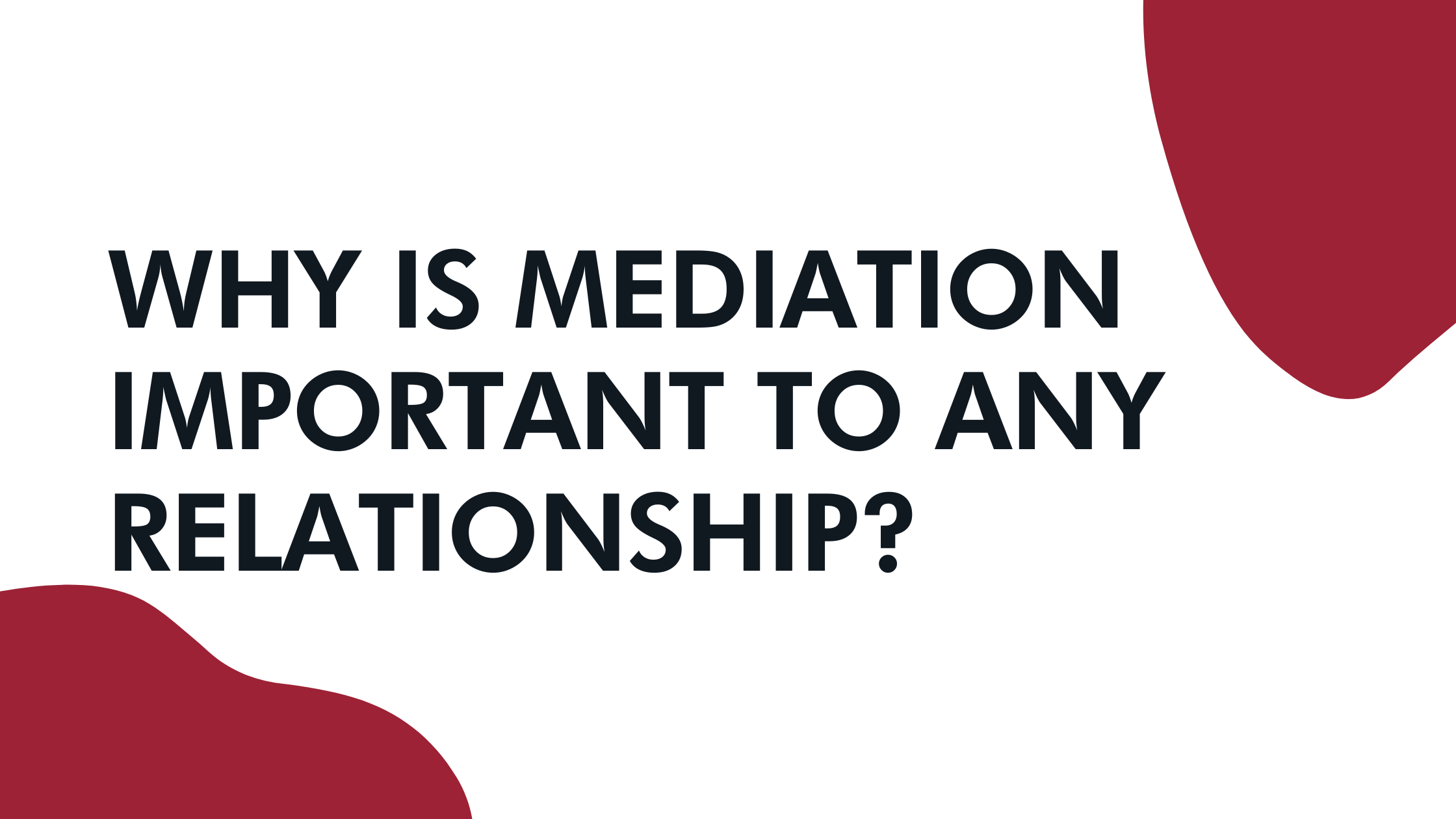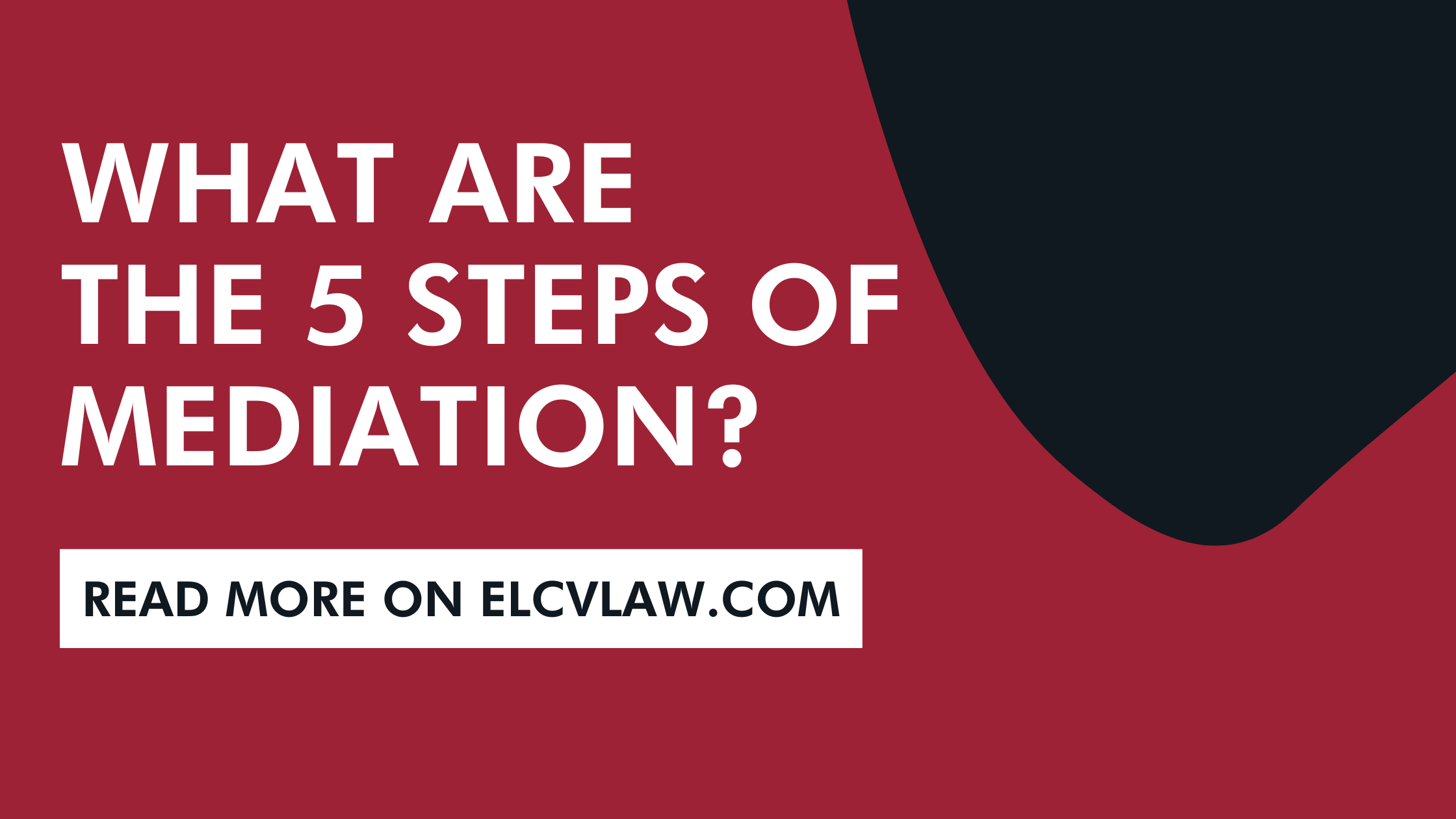How to Avoid a Court Divorce
How to Avoid a Court Divorce

Alternatives to a Court Divorce
Divorce Arbitration
Marital Settlement Agreement
Mediation
Family Law Attorney in Arizona
When we enter into a marriage, nobody expects the relationship to end; unfortunately, this is not the case for many. Court divorces are not always the best way to go about the dissolution of your union. If you are looking for an experienced family law attorney, ELCV LAW is a firm specializing in Family Law in Tucson. Attorney Erika L. Cossitt Volpiano, PC, is a meditation expert, ensuring that parents cannot use it as an instrument against their spouses. Take control of your future, and contact ELCV LAW today at 520-795-2235 or visit our website at www.elcvlaw.com.
Disclaimer: The content in this article is for informational purposes only and should not take the place of actual legal advice. Not all circumstances are the same, and it is suggested that you should seek legal counsel if you need assistance in any of these areas.
